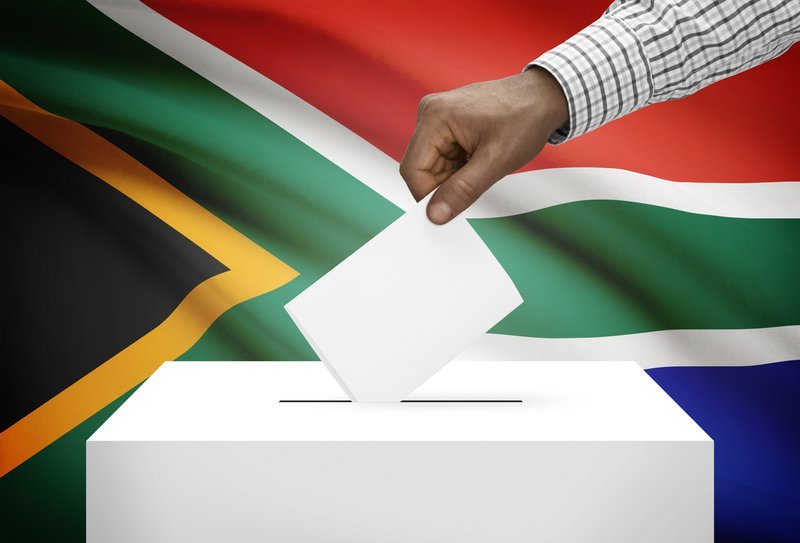Voting commenced Wednesday at educational institutions, community hubs, and expansive white marquees erected in open fields for what’s considered South Africa’s most crucial election in three decades.
This event might thrust the fledgling democracy into unfamiliar terrain.
In Johannesburg’s Soweto township, President Cyril Ramaphosa and his wife, Tshepo Motsepe, participated in the voting process.
The African National Congress (ANC), which steered South Africa away from apartheid’s harsh white minority rule in 1994, faces a significant challenge after three decades of dominance.
A new wave of discontent among the 62 million citizens, half of whom are believed to be impoverished, imperils the ANC.
With a staggering unemployment rate of 32%, South Africa, Africa’s most developed economy, grapples with profound socioeconomic issues.
Persistent inequality, with Blacks bearing the brunt of poverty and joblessness, jeopardizes the party that pledged to dismantle apartheid with the promise of a better life for all.
Despite clinching victory in six consecutive national elections, pre-election polls indicate dwindling support for the ANC, possibly leading to a historic loss of its parliamentary majority.
While it’s widely anticipated to secure the most seats, the ANC’s hold on power might be weakened.
Ramaphosa, the ANC’s leader, vows to “improve,” while the party appeals for additional time and understanding.
Opposition from the Democratic Alliance (DA) emerges.
In Durban, the DA’s leader exercised his voting rights in an election pivotal for South Africa, marking its most significant in three decades.
The ANC’s longstanding dominance, pivotal in dismantling apartheid, now faces challenges from a dissatisfied populace in a nation where half the population lives in poverty.
South Africa, boasting Africa’s most advanced economy, grapples with severe socioeconomic dilemmas, including a staggering 32% unemployment rate.
Persistent disparities, disproportionately affecting the Black majority, threaten the ANC’s grip on power, despite its pledge to end apartheid and ensure a better life for all.
John Steenhuisen, leader of a major opposition party, cast his ballot in Durban.
While the Democratic Alliance collaborates with smaller parties to challenge the ruling ANC, a complete overthrow seems improbable.
Zuma, a former president, voted.
Disenchanted South Africans explore various opposition factions; over 50 parties vie for national representation, many of them novel.
One such party, led by Zuma, has distanced itself from its former ANC connections.
Although disqualified from parliamentary candidacy, Zuma’s MK Party remains in contention, presenting an unpredictable element.
The ANC’s three-decade dominance is on the line.
Having steered South Africa through apartheid’s demise in 1994, it now confronts a fresh wave of discontent in a nation of 62 million.
While expressing confidence in maintaining its majority, the ANC faces an uncertain electoral landscape, though its extensive experience in governance and grassroots campaigning could prove advantageous.
Despite waning support, particularly among younger demographics, the ANC still commands significant backing, notably among older voters and those in rural regions.
Final election results are anticipated by Sunday.

